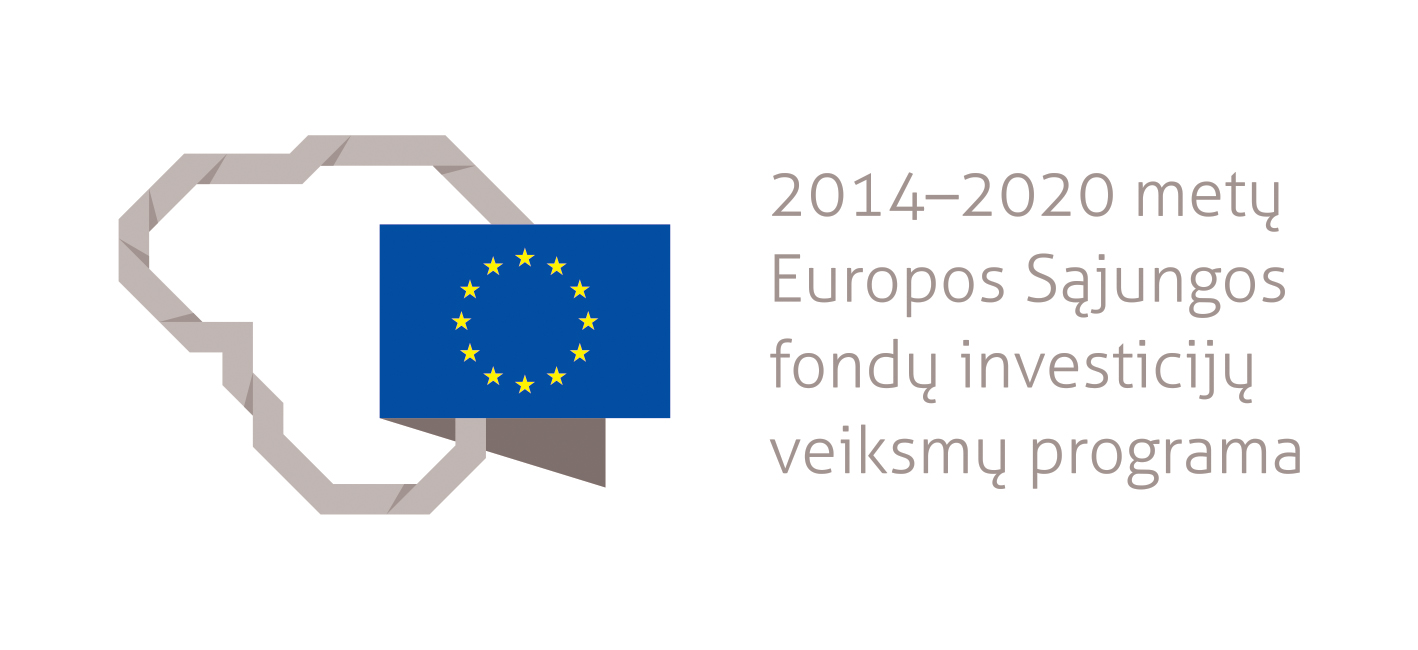J. Vaitekaitis, D. Stumbrienė
Acta Paedagogica Vilnensia.Vilnius: 2022, 48
DOI:
Abstract. This study explores the relationship between citizens’ political views and 15-year-olds results in the PISA 2018 assessment of global competence. In particular, we look at the correlations of 18 EU nation-states citizens’ political preferences (right-leaning) and students’ non-cognitive skills, attitudes, and values. Data from the OECDs’ PISA global competence and European Social Survey for the year 2018 were used. After the analysis, it can be presumed that the higher share of the right-leaning population in the country is associated with lower students’ global competencies.




